Drug organizations are dashing to develop new weight reduction drugs following the success of Ozempic and Wegovy — and this most recent round of meds could accompany more medical advantages and less incidental effects.
The improvement of new GLP-1 medications has sped up, NBC News announced, with specialists proposing that they could go past diabetes and weight reduction management, aiding in liver and heart function while lessening side effects, for example, muscle loss which is normal with the current meds.
ADA Conference

Analysts are supposed to present information on 27 new GLP-1 medications at the impending 2024 American Diabetes Association (ADA) conference in Orlando, Florida.
GLP-1 agonists are generally utilized in weight reduction drugs. By slowing down the rate at which food passes through the stomach, they mimic the action of a hormone called GLP-1, causing people to feel fuller for longer.
New Drugs

However, some medications for weight loss, such as Ozempic, have been criticized for causing nausea and muscle loss.
Dr. Marlon Pragnell, ADA’s vice president of research and science, stated, “We’ve heard about Ozempic and Mounjaro and so on, but now we’re seeing lots and lots of different drug candidates in the pipeline, from very early-stage preclinical all the way to late-stage clinical. It’s very exciting to see so much right now.”
Upcoming Approvals
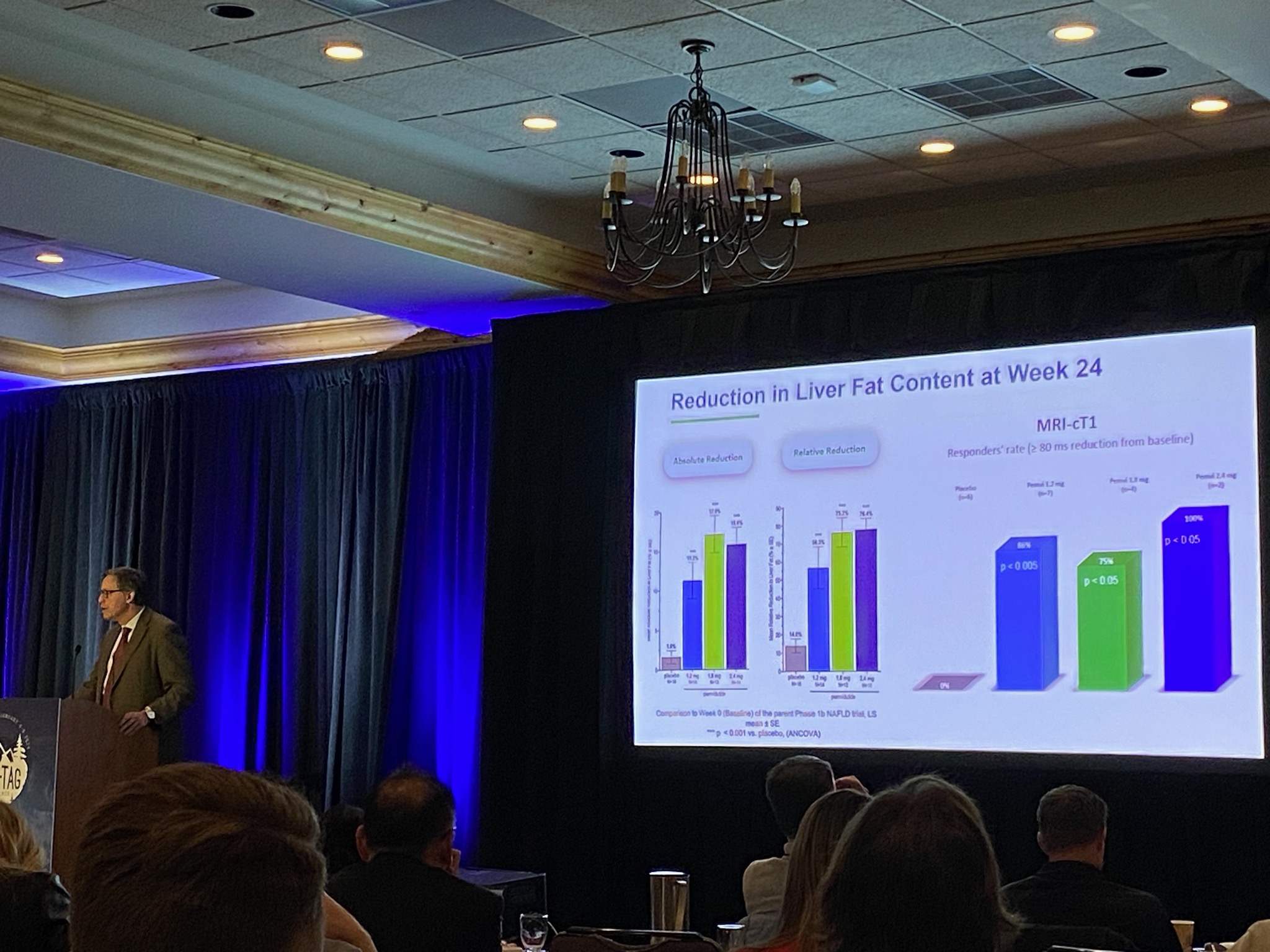
Despite the fact that FDA endorsement is years away for the majority of these medications, some could be accessible for prescription within the next couple of years.
Pemvidutide, which is being developed by Maryland-based biotech company Altimmune, is one such new drug.
Pemvidutide As Alternative
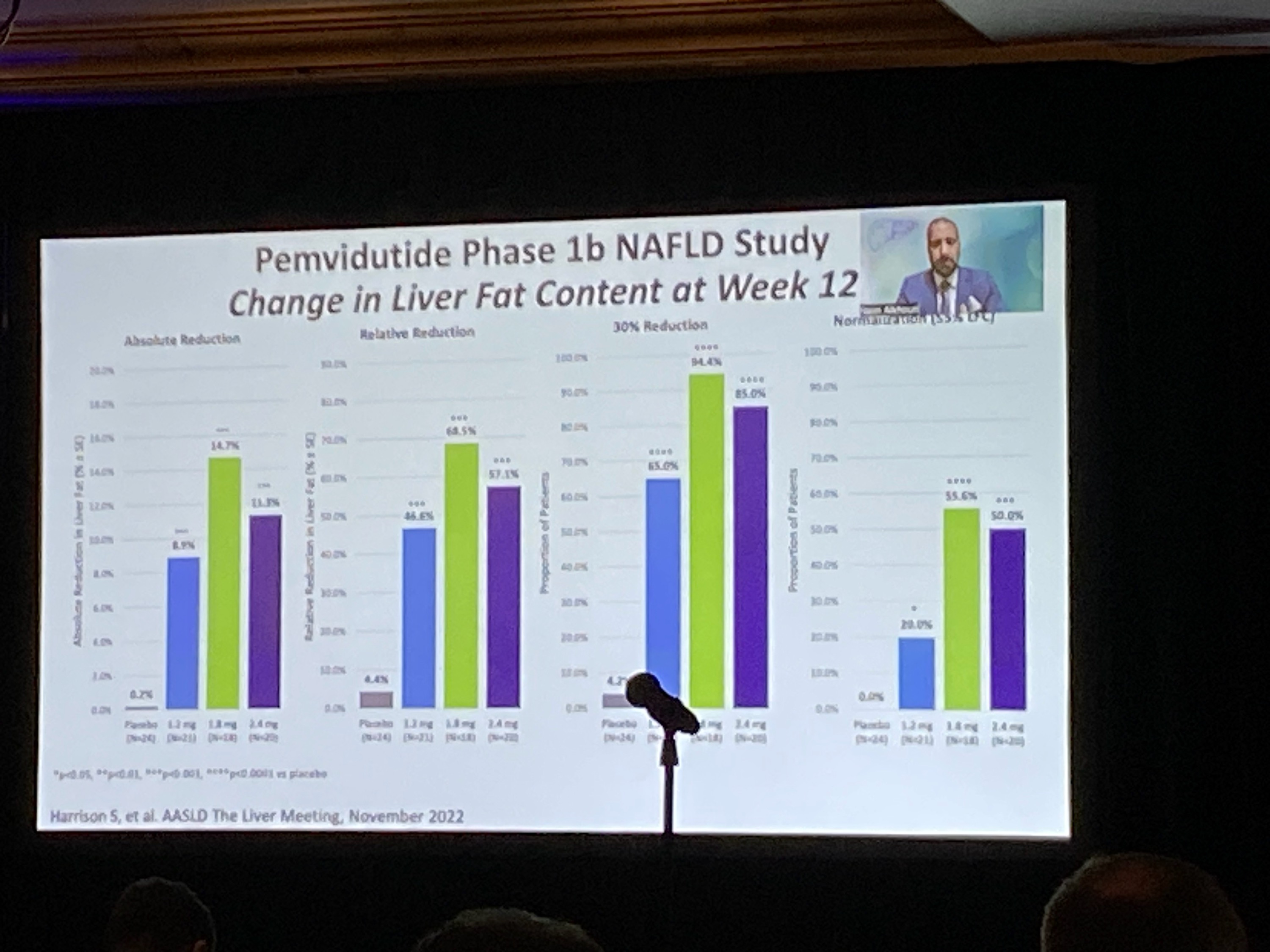
In addition to glucagon, a hormone that regulates blood sugar and can mimic the effects of exercise, the medication contains the GLP-1 hormone, which is a key component of Ozempic and Wegovy.
Specialists have found that patients who got the most elevated portion of the medication lost on average 15.6 percent of their body weight after 48 weeks.
CMO States Benefits

Altimmune’s chief medical officer, Dr. Scott Harris, stated that the medication has been demonstrated to aid in weight loss and to benefit the liver and heart. Additionally, the drug has been shown to help maintain lean body mass.
Harris said that individuals who got Pemvidutide lost on average 21% of their lean weight, which is lower than the around 25% of lean weight individuals commonly lose with diet and exercise.
New Wave
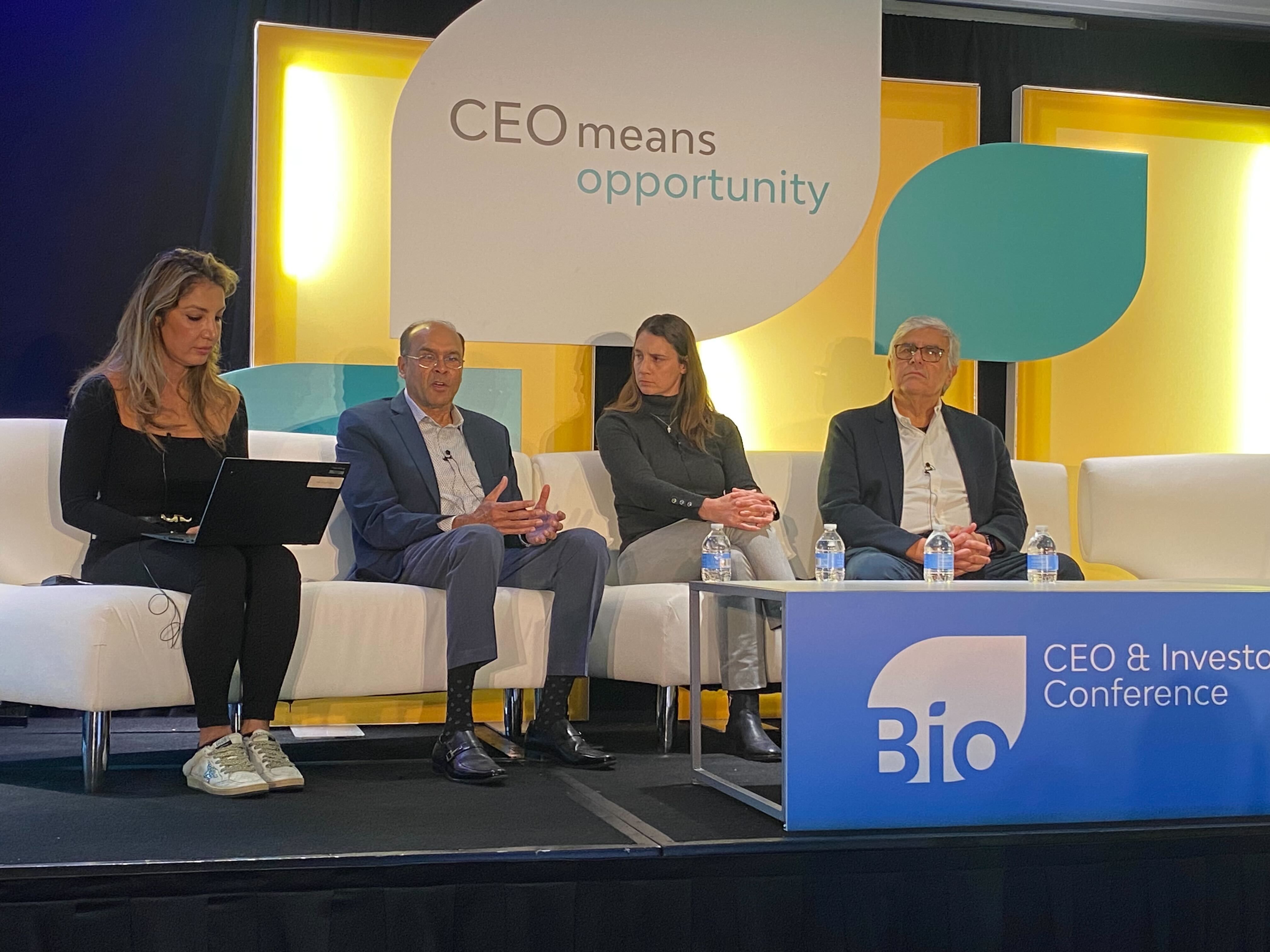
Vipin Garg, president and CEO of Altimmune, stated, “We are the next wave of drugs for obesity. The first wave of mechanisms was all driven by appetite suppression. We are adding another component.”
Altimmune anticipates commencing a phase three trial soon. In 2028, the company expects the drug will be available in the United States.
Innovation
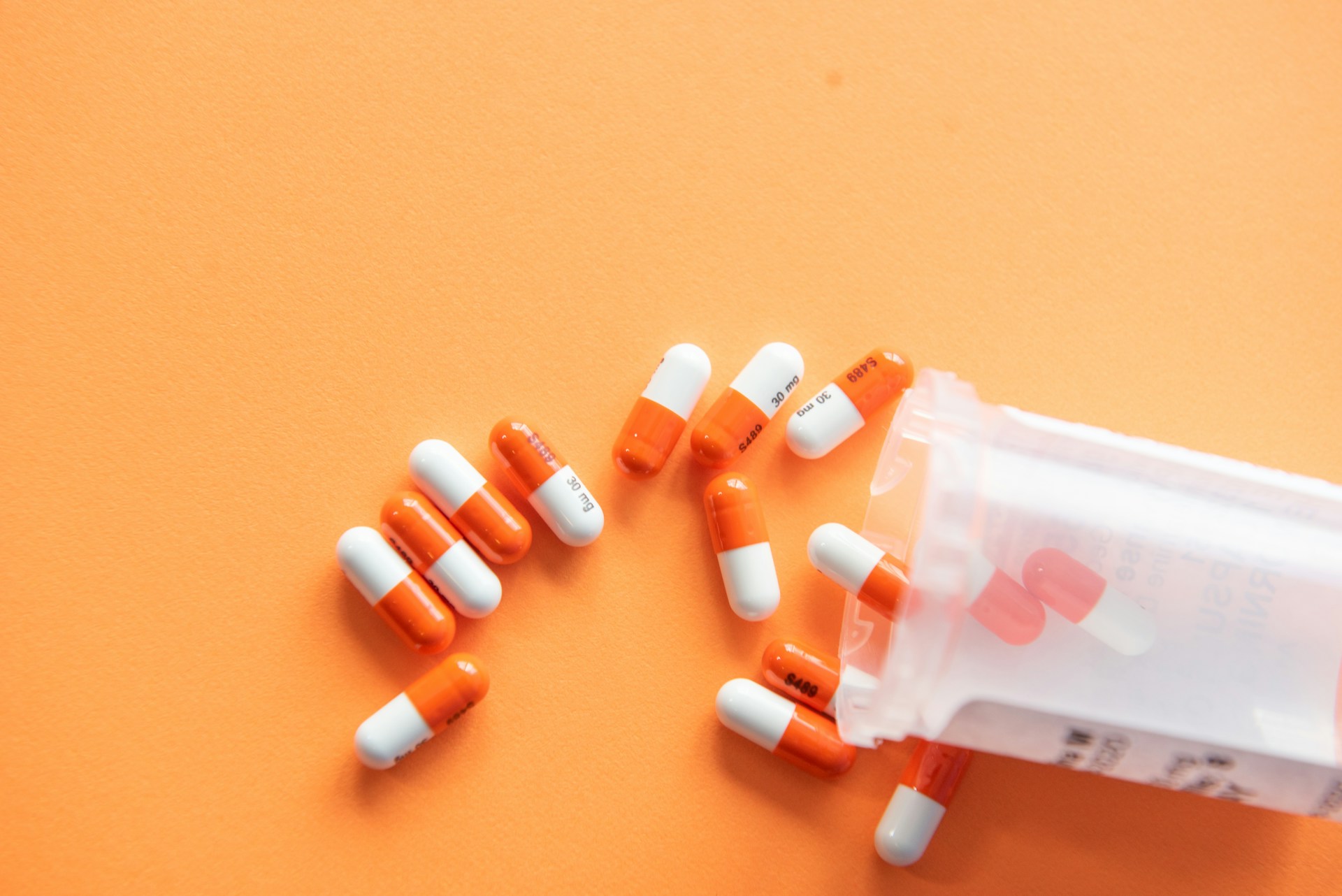
However, innovation extends beyond just GLP-1 medications in the realm of weight loss medications.
Petrelintide, an experimental weight loss medication from Zealand Pharma that imitates the hormone Amylin and has the potential to reduce common GLP-1 drug side effects like nausea, provides a novel approach.
Petrelintide
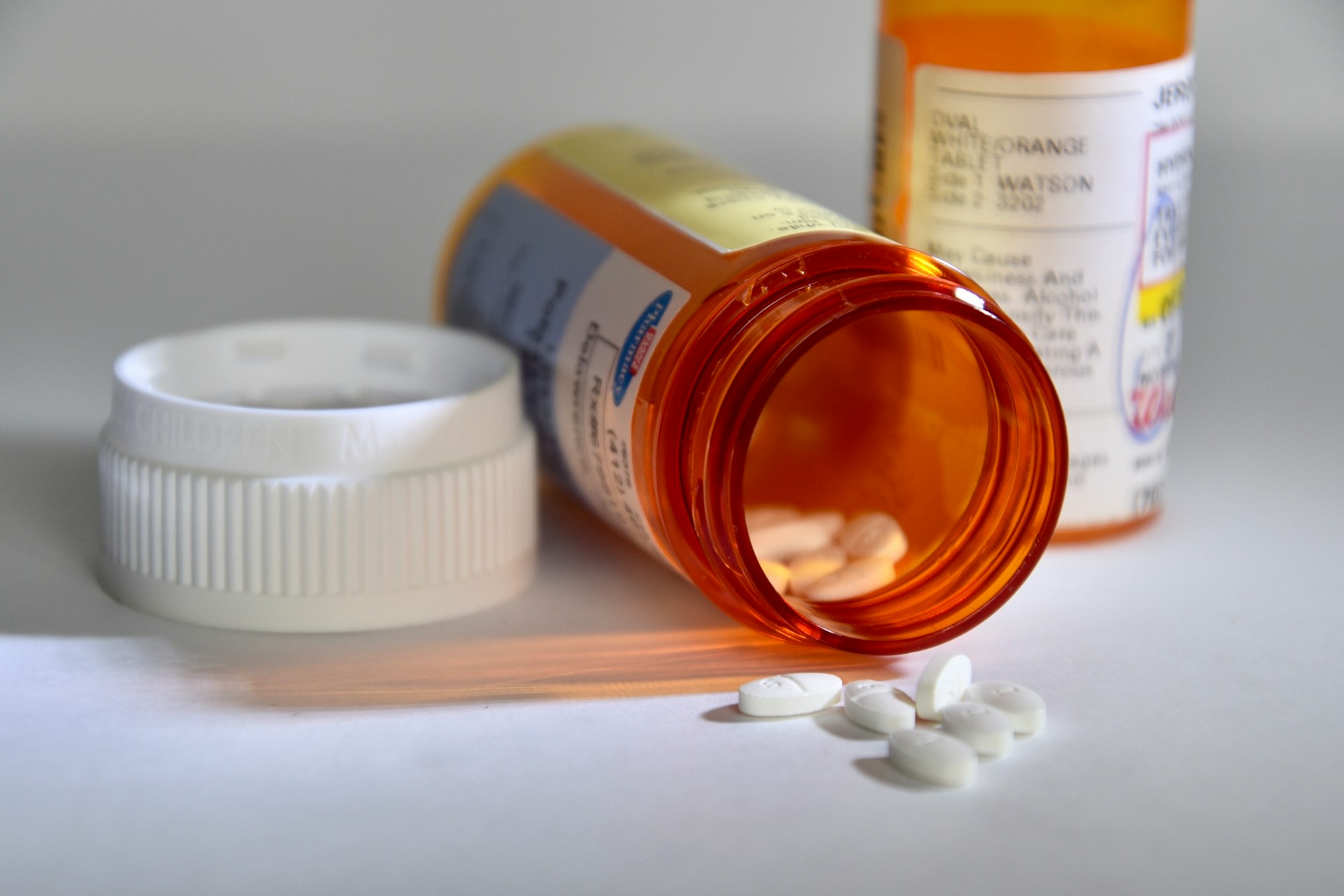
Information shows that a high portion of Petrelintide diminished body weight by an average of 8.6 percent at about four months.
Dr. Pragnell stated, “We’ve witnessed an unprecedented acceleration in the development of GLP drugs. We are now firmly entrenched in the era of the GLP.”
Lowering Drug Prices

A Democrat talking point for the current election cycle is the reduction in the cost of drugs for around 84 million Americans who are dependent on Medicare as Ozempic costs skyrocket.
According to the Health and Human Services Secretary Xavier Becerra: “These kind of savings will give people a little bit more breathing room, more comfort as they decide to go to the grocery store to buy their food, more ability to pay their rent, or maybe it’s just to do something decent for their families.”
Use in Youth
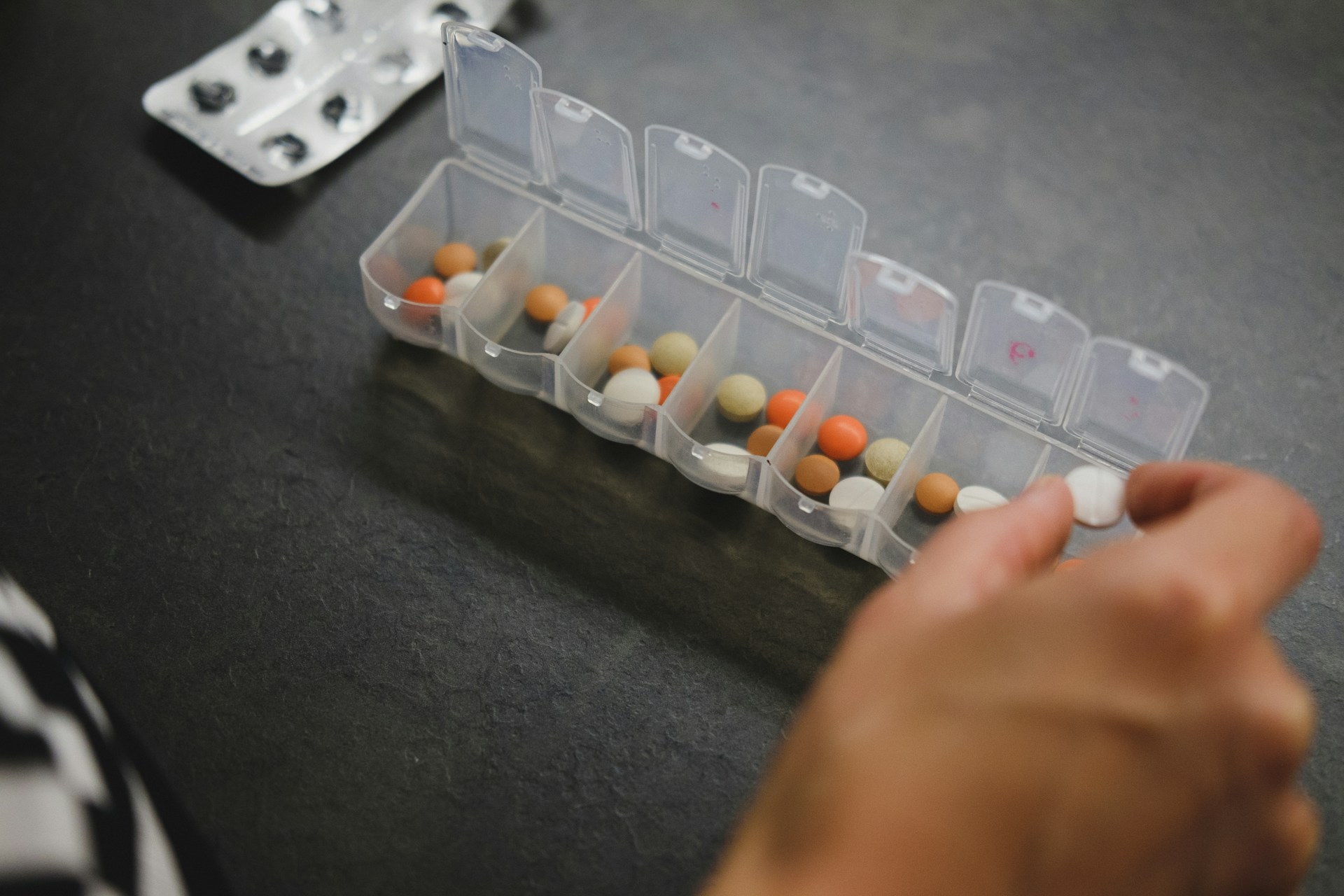
Weight loss medications like Ozempic and Wegovy have seen high numbers in children.
According to Dr. Joyce Lee, almost 31,000 children aged 12-17 and over 162,000 people between 18 and 25 used the medications in 2023.
Increase in Use
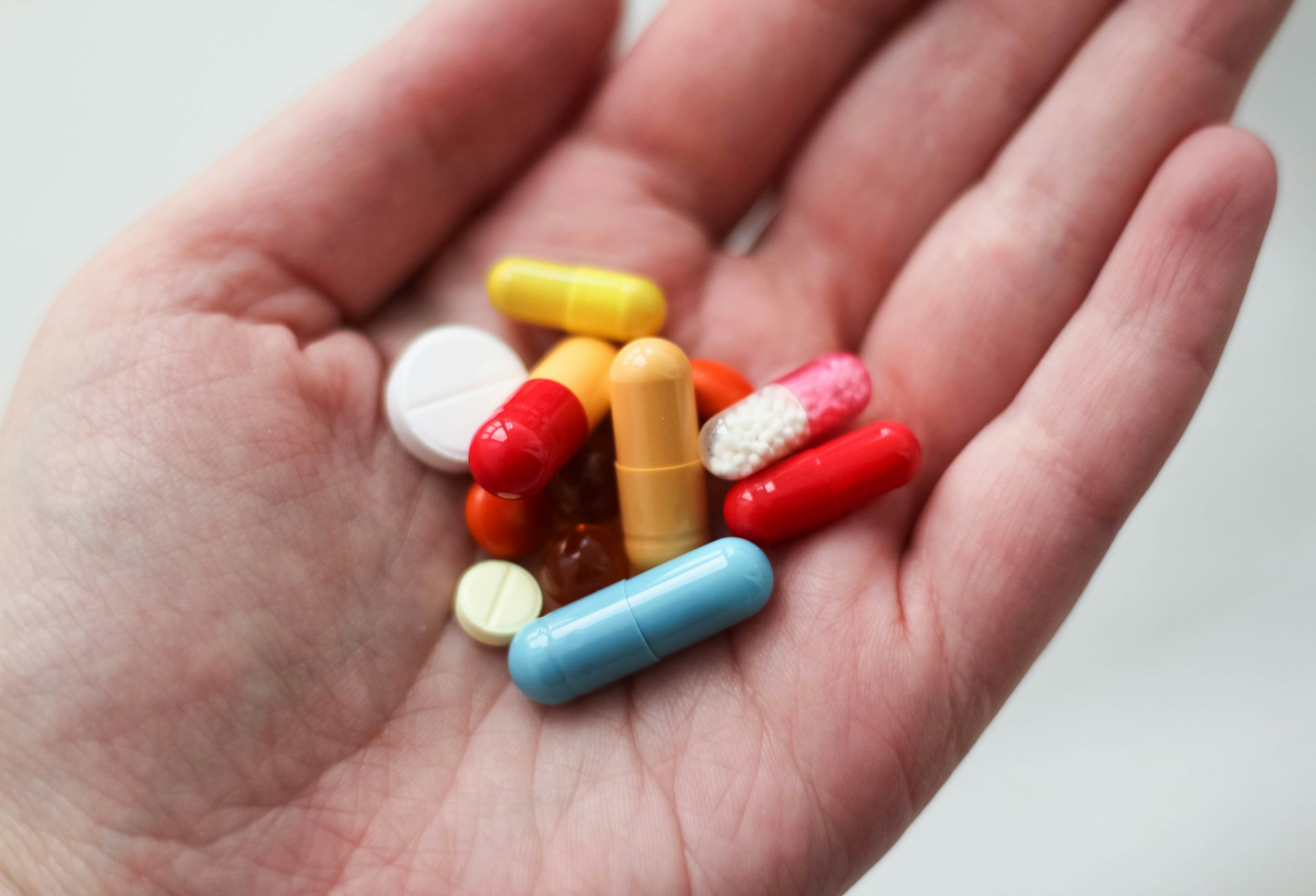
From 2020 the figures for young people using these drugs increased by almost 600%.
This increase is only a small portion of the number of children who are facing obesity.
As per the CDC, around 20% of children and adolescents in the US face obesity while that number is around 42% for adults.
